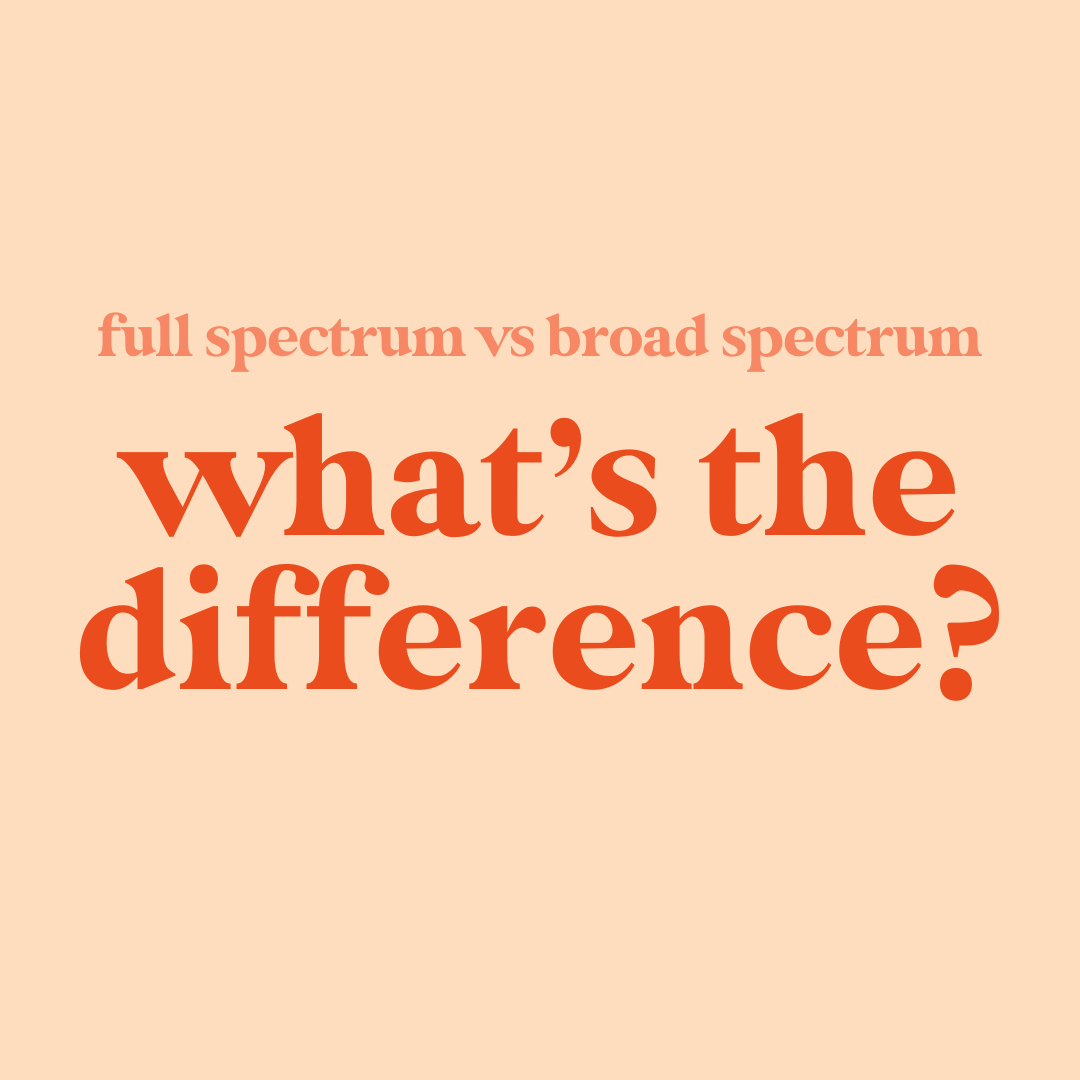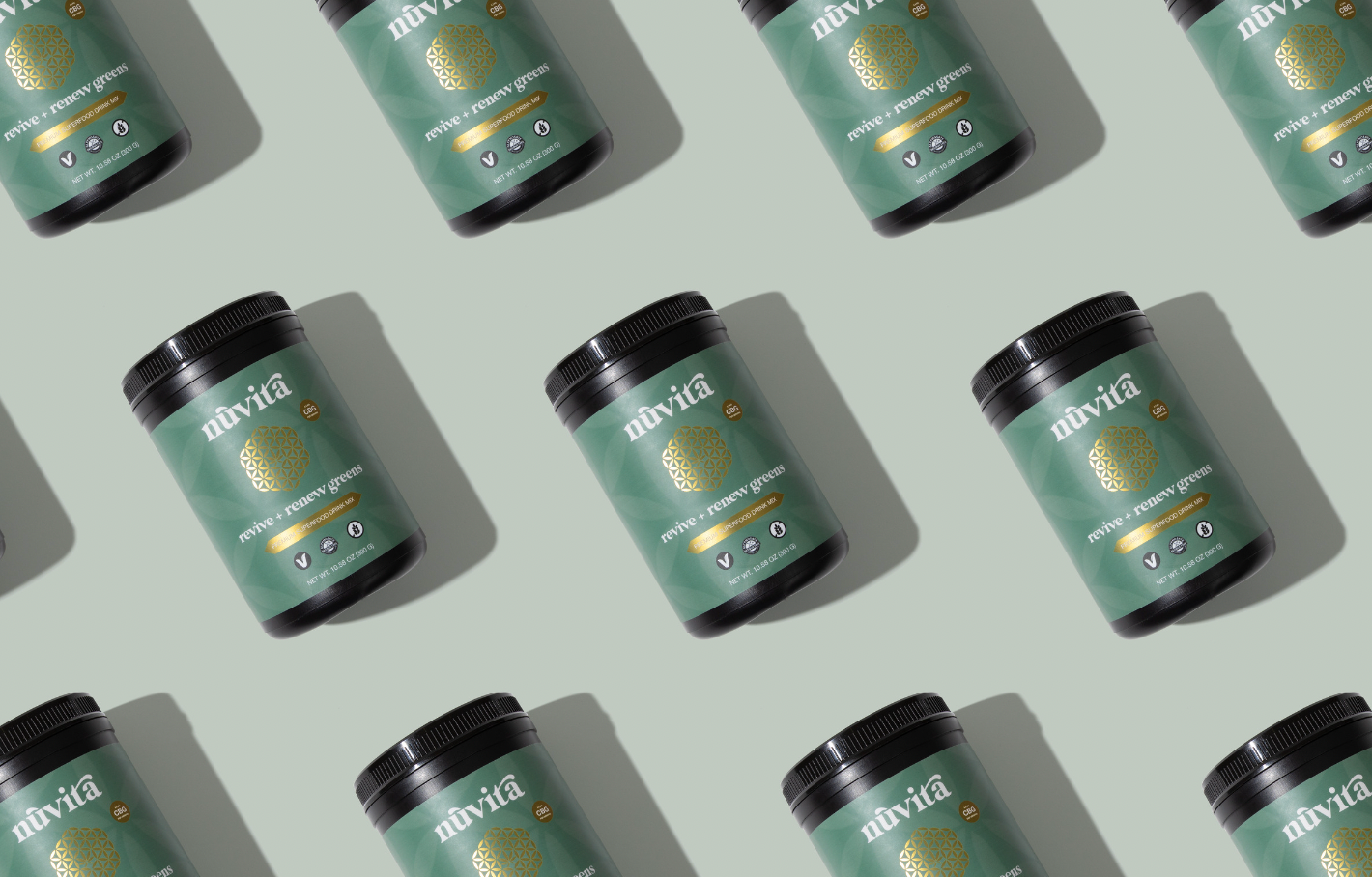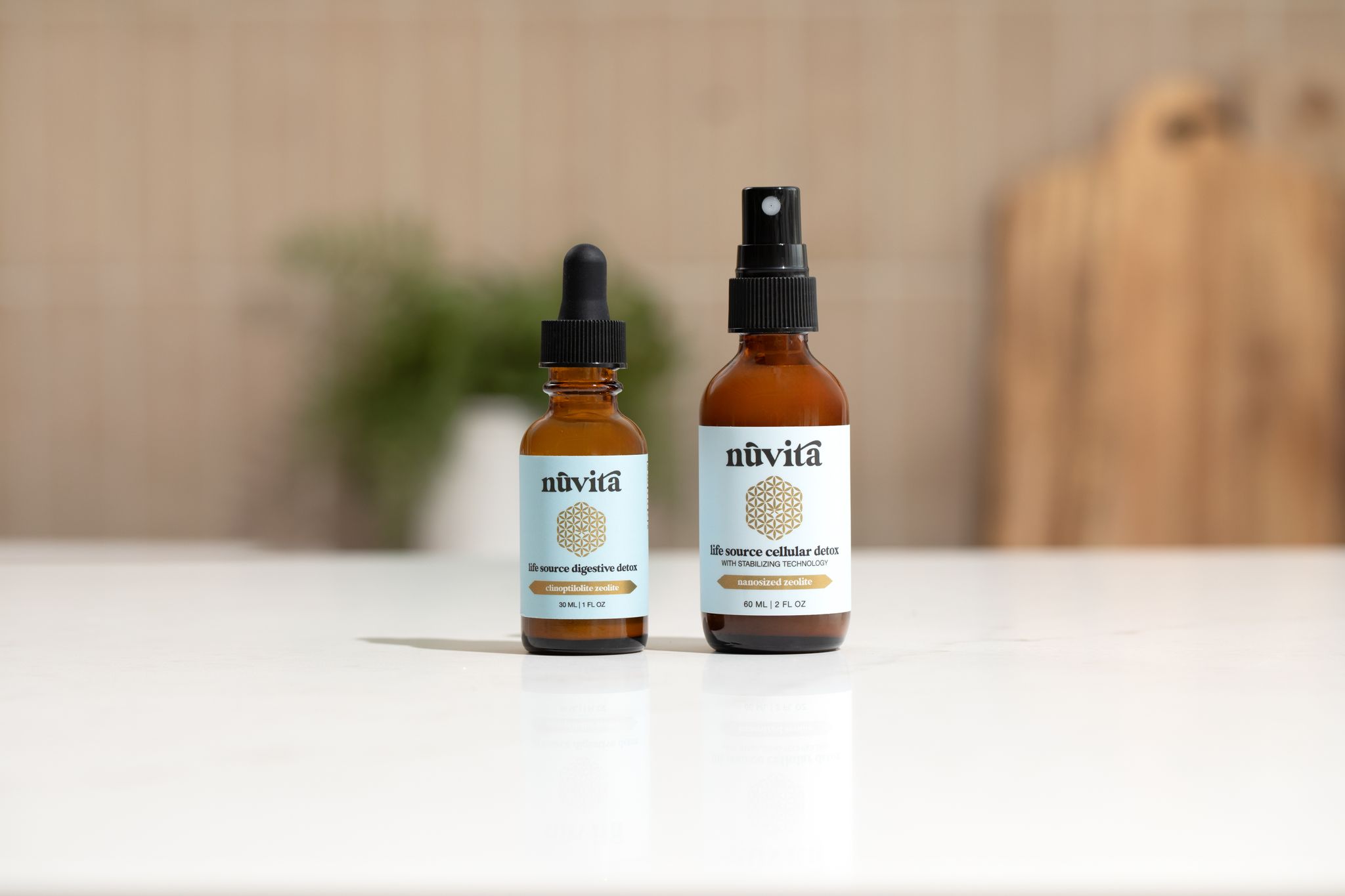CBD has gained immense popularity in recent years for its potential health benefits. From relieving pain and anxiety to improving sleep and reducing inflammation, the list of its reported advantages seems endless. However, when it comes to choosing the right CBD product, the terminology can be a bit confusing. Two terms you might have come across are "full spectrum" and "broad spectrum." What's the difference between the two?
Understanding the Basics of CBD
CBD is one of over 100 chemical compounds found in the cannabis plant, known as cannabinoids. Unlike its well-known cousin, THC (tetrahydrocannabinol), CBD does not produce a psychoactive "high." Instead, it interacts with our endocannabinoid system to potentially deliver a range of health benefits.
Full Spectrum CBD: The Whole Plant Experience
When you hear the term "full spectrum," think of it as the whole enchilada. Full spectrum CBD products contain a wide range of cannabinoids, not just CBD. This means they may also contain trace amounts of THC, but these levels are kept well below the legal limit (0.3% in the United States) to prevent any mind-altering effects.
The Entourage Effect
Full spectrum CBD proponents often tout something called the "entourage effect." This theory suggests that the combination of various cannabinoids, terpenes, and other compounds in full spectrum CBD products work synergistically to enhance the potential benefits. Think of it as a team effort where every player brings their A-game to the table, resulting in a more potent and effective product.
Broad Spectrum CBD: THC-Free with Benefits
Now, if you're not comfortable with even the slightest hint of THC in your CBD product, broad spectrum might be more up your alley. Broad spectrum CBD is like full spectrum but with the THC removed, leaving behind a collection of other beneficial compounds.
The primary reason to opt for broad spectrum is to avoid THC entirely. This is especially important for individuals who are drug-tested regularly, as even trace amounts of THC can sometimes trigger a positive result. Additionally, some people simply prefer a THC-free option due to personal preferences or concerns about its psychoactive effects. At Nuvita, we offer a THC-free CBD isolate so you can still get all the positive effects of CBD without any trace of THC.
The Bottom Line
Both full spectrum and broad spectrum CBD have their merits. The choice ultimately depends on your personal needs and preferences.
-
Full Spectrum: If you want the potential benefits of the entire cannabis plant and don't mind trace amounts of THC (well below the legal limit), full spectrum might be your best bet.
-
Broad Spectrum: If you're looking for the entourage effect without the THC, broad spectrum is your go-to option.
Remember to consult with a healthcare professional before starting any CBD regimen, and look at our third-party lab testing to ensure the product's quality and cannabinoid content meet your needs.
The world of CBD can be a bit perplexing, but the choice between full spectrum and broad spectrum doesn't have to be. It all comes down to your personal preferences and your specific needs. With this information, you're better equipped to make an informed decision, unlocking the potential benefits of CBD while ensuring it aligns with your individual preferences.




Leave a comment
This site is protected by hCaptcha and the hCaptcha Privacy Policy and Terms of Service apply.